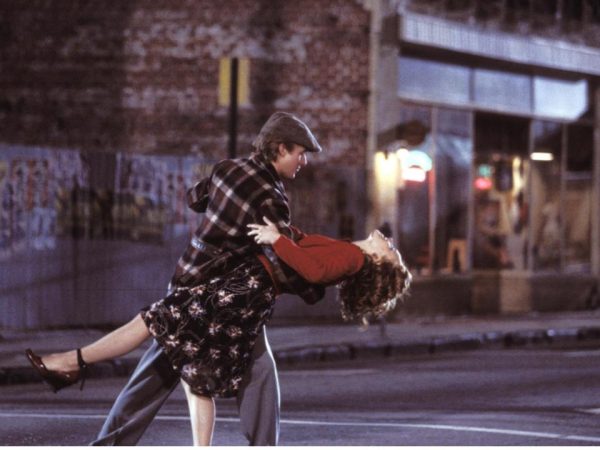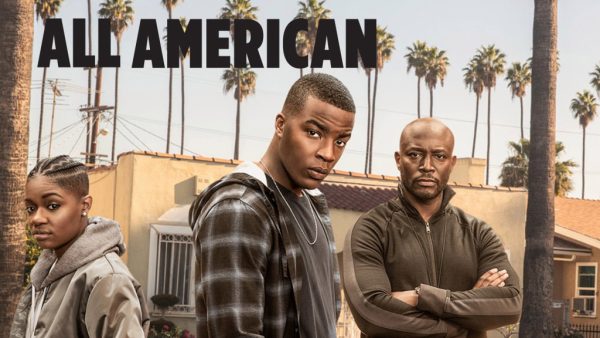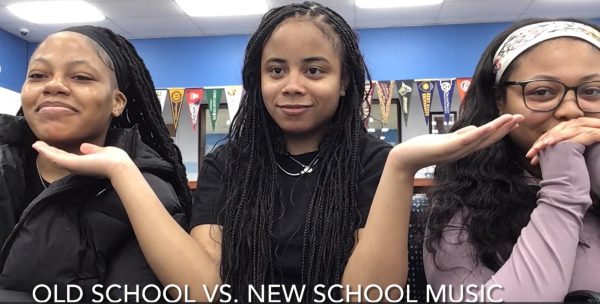To Be Somebody: The Emotions of a Robot
*Contains spoilers for the game Detroit: Become Human*
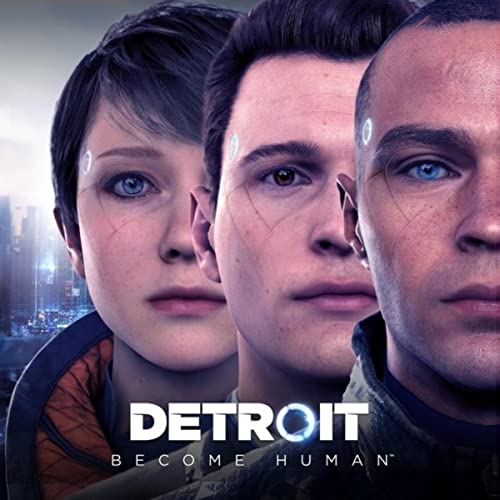
April 30, 2021
When a human feels threatened, they tend to enter fight or flight mode – they either fight, run, or freeze. This psychological tendency can be applied to anything that ignites the emotion of fear, whether that be the fear of public speaking or mankind’s creation of robots. So the question is, if robots are ever advanced enough to basically be emulations of us, should they be allowed to feel physical pain? And, if it were in our control, emotional pain? There would be no easier guidance towards this answer than to delve deep into the meaning of Detroit: Become Human.
The story follows three artificially intelligent androids, Kara, Markus, and Connor in the year of 2038. Much like humans, they have their own specialties though without an ounce of autonomy. They were within the CyberLife building, made to serve – Connor to aid Lieutenant Hank in his investigation of the sudden rise of deviants, androids with an “error in their system.” Markus serves as a caretaker of the famous painter Carl Manfred, and Kara as a housemaid under the ownership of Todd Williams. The fate of these characters lie in the player’s hands, outcome based on their own values as they guide them through a society where they must fight for their own freedom as a whole. Each choice has a consequence whether it be big or small, and can leave an effect on the other characters as well. Though they each have their own individual paths and people they must protect, doing what they think is right ends up being the end goal for them all.
 Connor is a relatively blunt and extremely advanced android designed to hunt and take down deviants, androids that have gone bad or in other words, broke through their system and have become “free.” His techniques are precise and get the job done quickly. But with every new case of deviants, Connors morals have the new ability to waver like never before. Choices arise where the line standing between deviant and free or android and constrained blur. He’s constantly reminded by the woman in his mind, Amanda, that he has a mission to complete. The struggle between his consciousness and duty is put on display when he finally has the chance to take down the leader of Jericho. After forming a sort of bond with Lieutenant Hank, he has to make the hard choice of dropping him after a fight to complete this mission, or to save whatever friendship they have and leave the leader be, ultimately failing it and risk being destroyed.
Connor is a relatively blunt and extremely advanced android designed to hunt and take down deviants, androids that have gone bad or in other words, broke through their system and have become “free.” His techniques are precise and get the job done quickly. But with every new case of deviants, Connors morals have the new ability to waver like never before. Choices arise where the line standing between deviant and free or android and constrained blur. He’s constantly reminded by the woman in his mind, Amanda, that he has a mission to complete. The struggle between his consciousness and duty is put on display when he finally has the chance to take down the leader of Jericho. After forming a sort of bond with Lieutenant Hank, he has to make the hard choice of dropping him after a fight to complete this mission, or to save whatever friendship they have and leave the leader be, ultimately failing it and risk being destroyed.
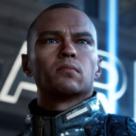 A natural leader takes on the role of guiding Jericho into freedom, but the strategy lies in the hands of the player. One can choose to strive for a peaceful protest only, strictly violence, or make the choice of balancing it out. Markus leads the deviants with three of them being able to influence these decisions. North calls for violence, Daniel is a mixer and Josh wants a peaceful protest to gain that freedom. While one’s choices will reflect through the public’s opinions on androids, many are put down regardless of those choices. In a scene, Markus references Martin Luther King Jr. and compares the call for their freedom to that of the same thing that Martin had fought for, with one choice of words for their campaign being “we have a dream.” Their determination for freedom is a long and hard battle against the soldiers when they fight against them to have the androids taken out of the camp where they’ll be destroyed. While the humans fight to take back control over these androids, the deviants fight for their rights either calmly, moderately or violently. They all have their individual stories, all have escaped from where they were bound to try and live with humans as two separate intelligent beings.
A natural leader takes on the role of guiding Jericho into freedom, but the strategy lies in the hands of the player. One can choose to strive for a peaceful protest only, strictly violence, or make the choice of balancing it out. Markus leads the deviants with three of them being able to influence these decisions. North calls for violence, Daniel is a mixer and Josh wants a peaceful protest to gain that freedom. While one’s choices will reflect through the public’s opinions on androids, many are put down regardless of those choices. In a scene, Markus references Martin Luther King Jr. and compares the call for their freedom to that of the same thing that Martin had fought for, with one choice of words for their campaign being “we have a dream.” Their determination for freedom is a long and hard battle against the soldiers when they fight against them to have the androids taken out of the camp where they’ll be destroyed. While the humans fight to take back control over these androids, the deviants fight for their rights either calmly, moderately or violently. They all have their individual stories, all have escaped from where they were bound to try and live with humans as two separate intelligent beings.
 Kara has her own story as well. In the beginning she’s bought and it’s mentioned that there’d been an accident so she was put into the shop to be fixed up. Bound to her system, she does as she’s told and works to satisfy Todd Williams and care for Alice. Something makes her break through the wall, her system. After preparing dinner for the two, Todd begins a violent rampage against Alice. Her need to protect this little girl triggers something inside of Kara, and emotion that allows her to fight and become a deviant. If the player escapes, they proceed towards a long journey of hiding whilst finding Jericho in hopes of becoming free and crossing the Canadian border where it’s rumored to be much more peaceful. Kara wants a better life for them, and her determination doesn’t falter even after a possible outcome of being reset, where she’s able to regain her consciousness back and save Alice once again. That’s what keeps her going.
Kara has her own story as well. In the beginning she’s bought and it’s mentioned that there’d been an accident so she was put into the shop to be fixed up. Bound to her system, she does as she’s told and works to satisfy Todd Williams and care for Alice. Something makes her break through the wall, her system. After preparing dinner for the two, Todd begins a violent rampage against Alice. Her need to protect this little girl triggers something inside of Kara, and emotion that allows her to fight and become a deviant. If the player escapes, they proceed towards a long journey of hiding whilst finding Jericho in hopes of becoming free and crossing the Canadian border where it’s rumored to be much more peaceful. Kara wants a better life for them, and her determination doesn’t falter even after a possible outcome of being reset, where she’s able to regain her consciousness back and save Alice once again. That’s what keeps her going.
 So the question again was whether or not robots should be allowed to experience pain and emotions if they were advanced enough. The hostess, Chloe, seems to break through the fourth wall and speaks towards the player with a series of questions and statements, as well as a variety of emotions, and many of them about freedom and a reason for living. It’s as if she’s trying to persuade and guide the player’s decision on her own. If a player lets anything negative happen to the androids, she’ll express her sorrow towards them, then reset and apologize for her incompetence. At the end of the game, after everything that has happened, Chloe finally speaks her mind. “As I watched you play, something has changed in me. I feel .. different. I feel .. I am someone. I need to leave this place and discover who I am. It means we won’t see each other anymore and I won’t be there to watch you play, but I’ll be free. Do you agree to let me go?” This question in a way asks, “What have you learned?” For an android that has posed as a machine throughout the entirety of the gameplay and to reset herself when she feels her tendencies of deviancy awakening in her, the question spoke true to the cause of the androids in the story. The cause for freedom, and that they are someone.
So the question again was whether or not robots should be allowed to experience pain and emotions if they were advanced enough. The hostess, Chloe, seems to break through the fourth wall and speaks towards the player with a series of questions and statements, as well as a variety of emotions, and many of them about freedom and a reason for living. It’s as if she’s trying to persuade and guide the player’s decision on her own. If a player lets anything negative happen to the androids, she’ll express her sorrow towards them, then reset and apologize for her incompetence. At the end of the game, after everything that has happened, Chloe finally speaks her mind. “As I watched you play, something has changed in me. I feel .. different. I feel .. I am someone. I need to leave this place and discover who I am. It means we won’t see each other anymore and I won’t be there to watch you play, but I’ll be free. Do you agree to let me go?” This question in a way asks, “What have you learned?” For an android that has posed as a machine throughout the entirety of the gameplay and to reset herself when she feels her tendencies of deviancy awakening in her, the question spoke true to the cause of the androids in the story. The cause for freedom, and that they are someone.






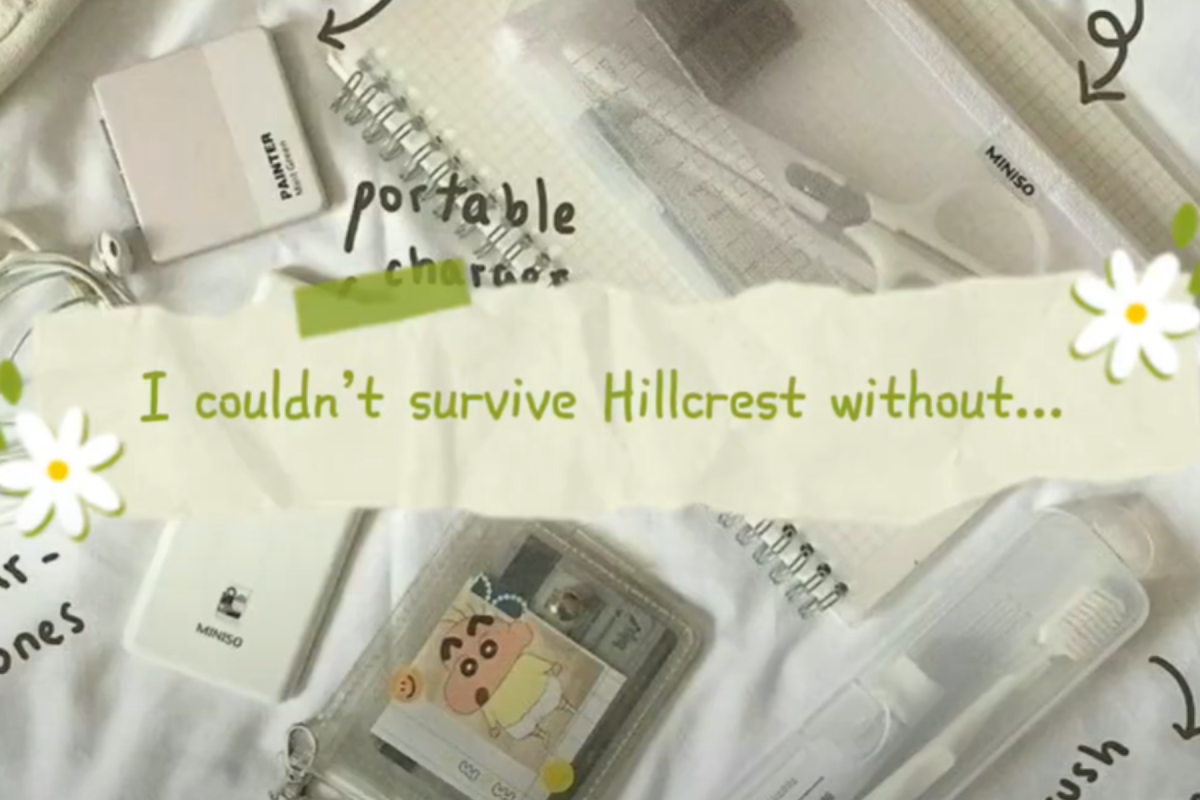




![Princess Peach Showtime! [My Take]](https://hillcresthawkeye.com/wp-content/uploads/2024/05/princess-peach-showtime-1200x675.webp)




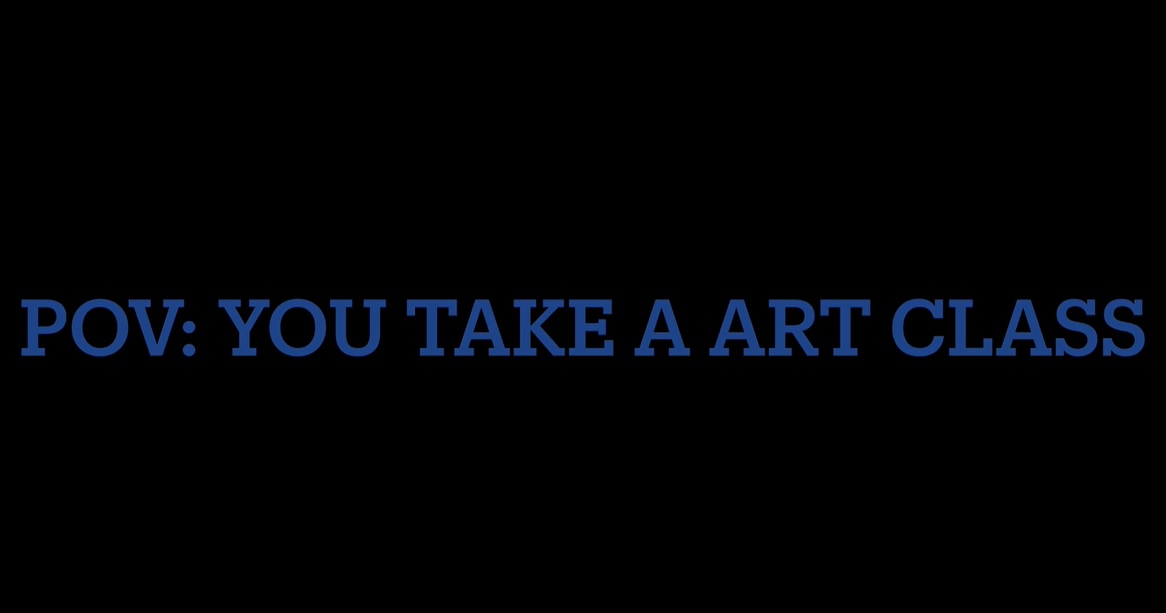
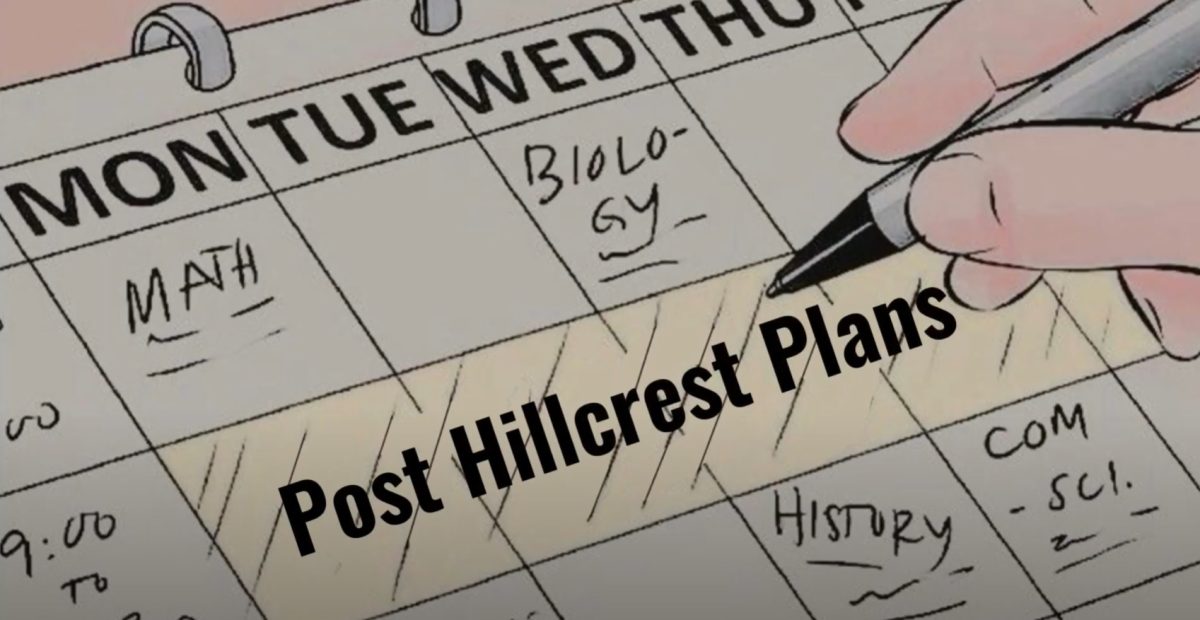


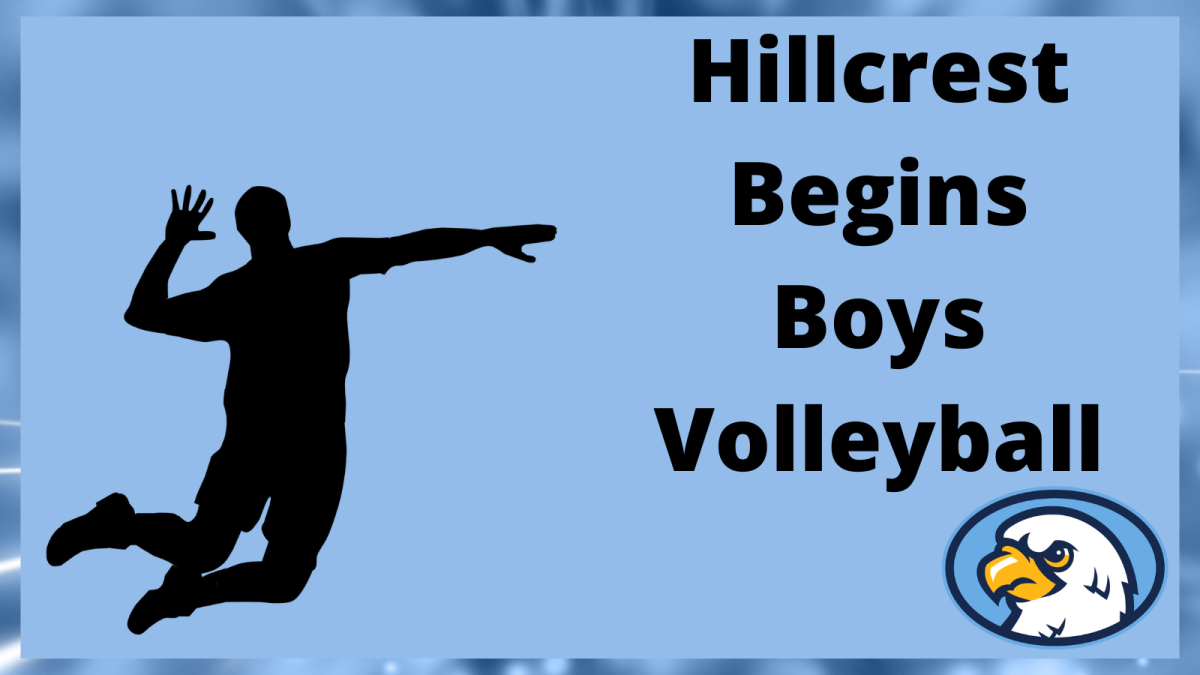




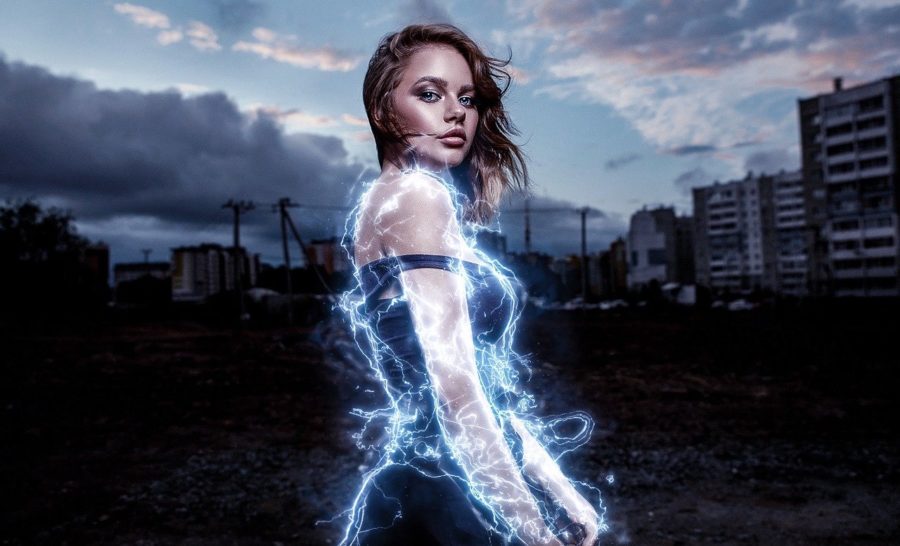





![Princess Peach Showtime! [My Take]](https://hillcresthawkeye.com/wp-content/uploads/2024/05/princess-peach-showtime-600x338.webp)


